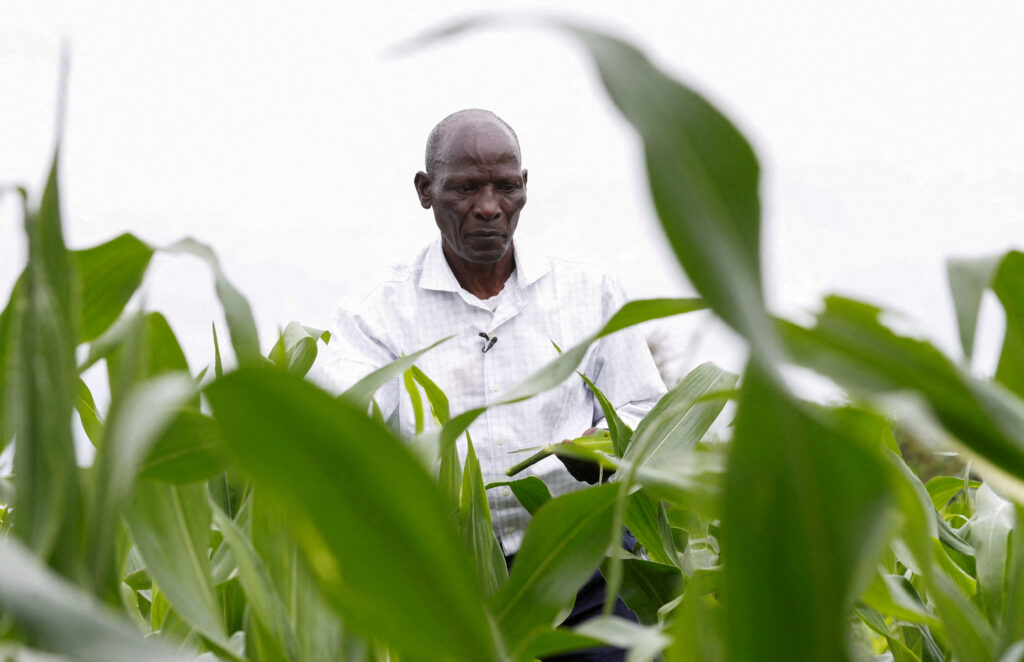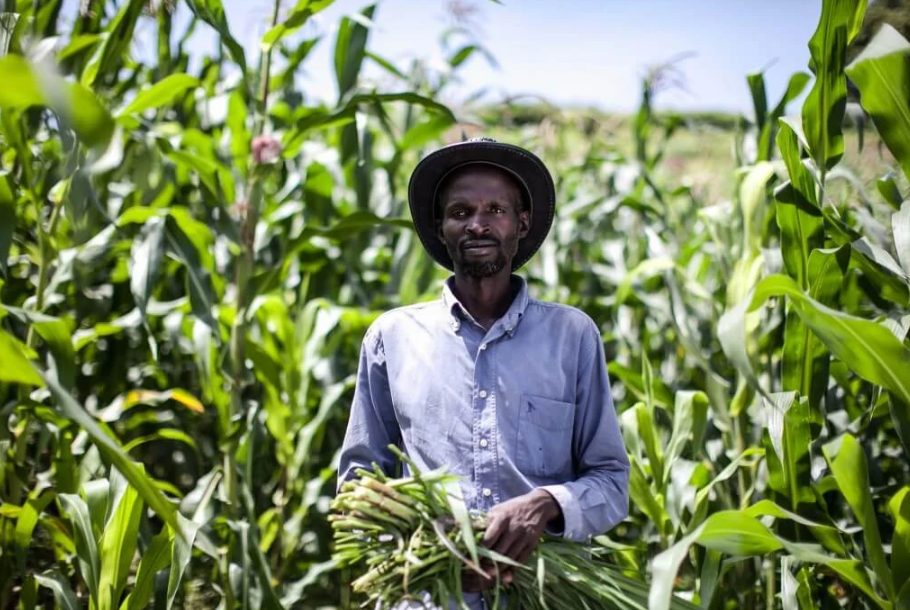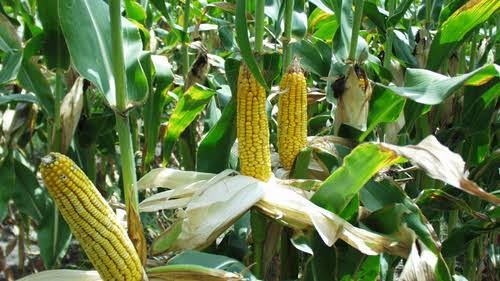Kenya Launches Field Trials For Genetically Modified Crops Following Court Ruling
By Raphael Jackson
The Kenyan National Biosafety Authority (NBA) has begun field trials for genetically modified (GMO) crops, marking a significant step toward the potential commercialization of GMO agriculture in the country. This follows a landmark court ruling that lifted a 2012 ban on GMO crops, allowing for the trials to proceed.
The NBA’s initial trials will involve GMO varieties of maize, cotton, and cassava, with the aim of assessing their safety and efficacy. These trials are crucial in determining whether GMO crops can offer sustainable solutions to the challenges facing Kenya’s agricultural sector.
The Kenyan government is optimistic that the introduction of GMO crops will play a key role in addressing food security issues and boosting crop yields. The crops are expected to provide enhanced resistance to pests and improved drought tolerance, which could be vital in a country that frequently faces climatic challenges.
“GMO crops have the potential to increase food production and contribute significantly to economic growth by improving yields and reducing crop losses,” said a government official involved in the initiative.


Despite the potential benefits, the decision to conduct GMO trials has sparked debate. Anti-GMO groups have voiced concerns over possible health and environmental risks associated with the new crops. These groups continue to call for more rigorous testing and public consultation before the widespread adoption of GMOs in Kenya.
Kenya’s move comes as part of a wider trend in Africa, where several countries are exploring the use of GMOs to address food security. South Africa, Egypt, and Sudan have already approved GMO crops, while other nations such as Nigeria, Ghana, and Uganda are conducting their own trials. The African Union’s Biosafety Policy advocates for a cautious and informed approach to the adoption of GMOs across the continent.
Globally, 26 countries have approved GMO crops for cultivation, with over 240 million acres of GMO crops grown worldwide. Major biotech companies, including Monsanto (now part of Bayer) and Syngenta, are at the forefront of GMO research, driving the development of crops designed to withstand environmental stresses and improve food production efficiency.

